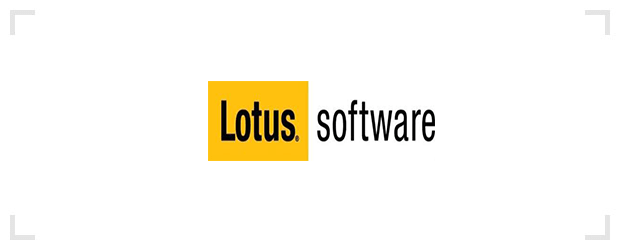
IBM’s channel partner community will play an important part in rolling out the first major version release to Notes and Domino in five years, according to company executives.
IBM Notes 9 and Domino 9 are currently in beta and will be released to market in March, IBM Corp. announced yesterday at its IBM Connect conference in Orlando. This conference was formerly Lotus Sphere, an event dedicated to the partner community and serving its technical needs. Now it’s more focused on marketing products to customers, but the Lotus line of products are still important to IBM.
Lotus pushes partners towards the cloud
Its Q4 earnings released Jan. 22 show Lotus software is up nine percent year-over-year. The new version is built to integrate IBM Connections, the social layer of software that IBM is using as its centrepiece for a vision of the social enterprise.
“E-mail is not dead,” says Sandy Carter, vice-president of social business and collaboration solutions at IBM. “E-mail has transitioned and transformed with all its social elements and has to be a key part of the core business partner community,” she said in an interview.
IBM counts more than 36,000 general business customers among its client base, and it reaches many of them through partners. More than 1200 partners filed into partner-day sessions here on Sunday, to get a good look at what’s coming down the pipes in Notes and Domino 9. But it wasn’t the first look for many premium business partners that have already been working with the beta versions. Group Business Software Corp. (GBS) has been using Notes 9 for more than a month and is working to integrate its software solutions with IBM’s new wares.
“The e-mail integration is much more streamlined,” says Michael Stoltz, vice-president of expert services for GBS, based in Markham, Ont. “The user interface is something I think people are really going to like.” A platinum sponsor at IBM Connect, GBS shouldn’t have too much trouble marketing the new Domino server to its client base. Some users have hundreds, or even thousands, of applications running on the server platform, Stoltz says. Now it will be easier to transition those applications to an XPages Web format (an IBM format that allows Lotus files to be easily displayed on mobile devices) without migrating legacy servers to a new platform. “Those platforms are so difficult to move off of without spending loads of money,” Stoltz explains.
Partners authorized by IBM as social business solutions’ program will benefit the most from moving Big Blue’s new software. The initiative was kicked off last year at IBM Connect, offering those certified a chance to earn 15 to 20 per cent above standard margins and technical training opportunities.
Still, despite claims of a premature obituary for e-mail, there are not many new customers moving to Notes and Domino servers, according to Alan Lepofsky, analyst with Constellation Research. Domino is a very capable server, but Microsoft Outlook long ago won out over Notes as a preferred e-mail client. Plus, more companies are moving away from hosting their own e-mail infrastructure and moving to the cloud.
“No one is coming to me and saying they’re building new collaborative apps on the latest version of Domino,” Lepofsky says.
But IBM is adapting to that too, announcing that its social products are all available as cloud services. Partners like GBS area are also catering to that need, offering hosted and managed services for customers that want to offload infrastructure.
Another new adaptation that channel partners will have to make? Selling to line-of-business executives, IBM’s carter says. Much of Sunday’s training sessions focused on selling to clients that aren’t based in IT departments.
“Canada is one of our strongest regions for business partners,” she says. “For the number of companies that you guys have, partners are absolutely essential.”
There’s good opportunity for partners here, she adds. Partners make more revenue on Notes Domino than on any other product in the social portfolio.



